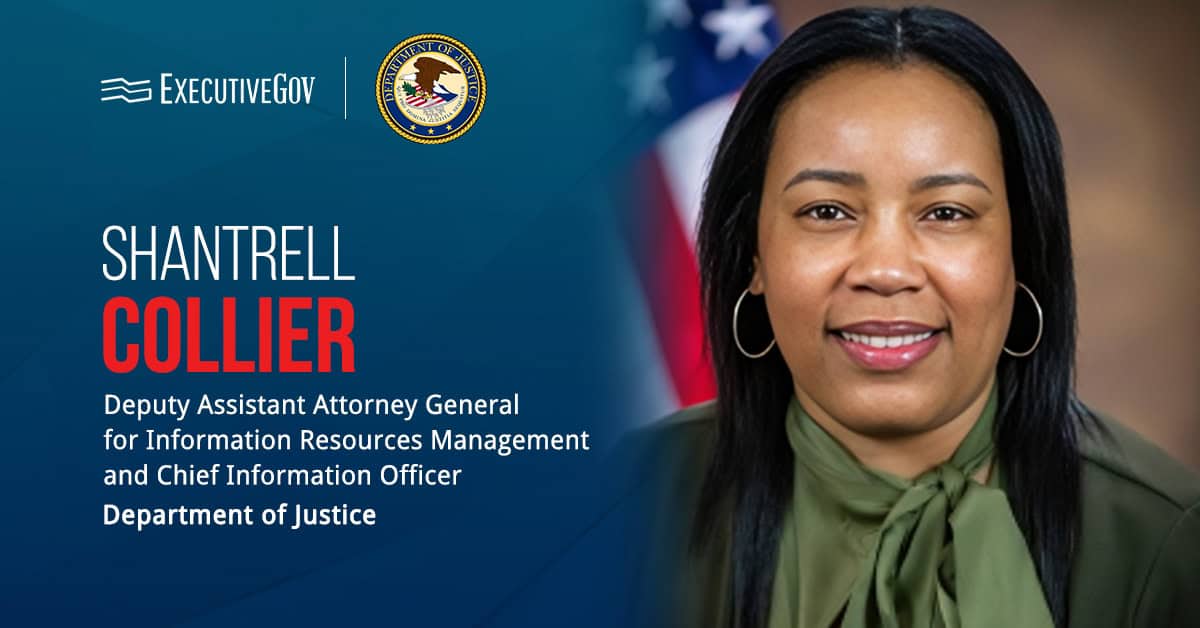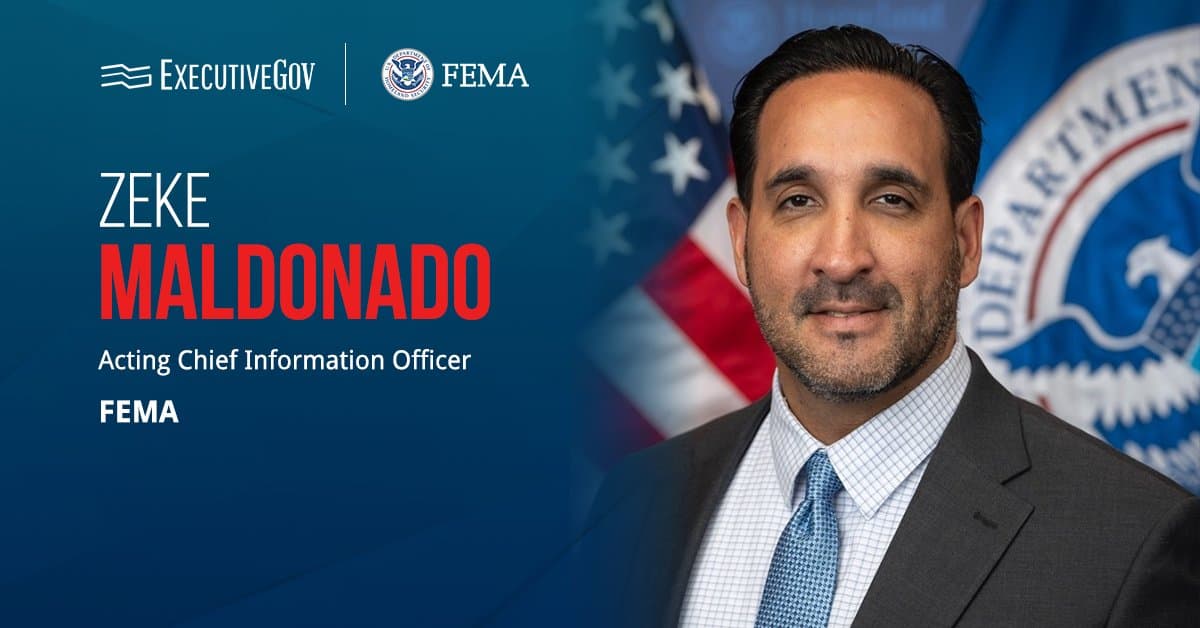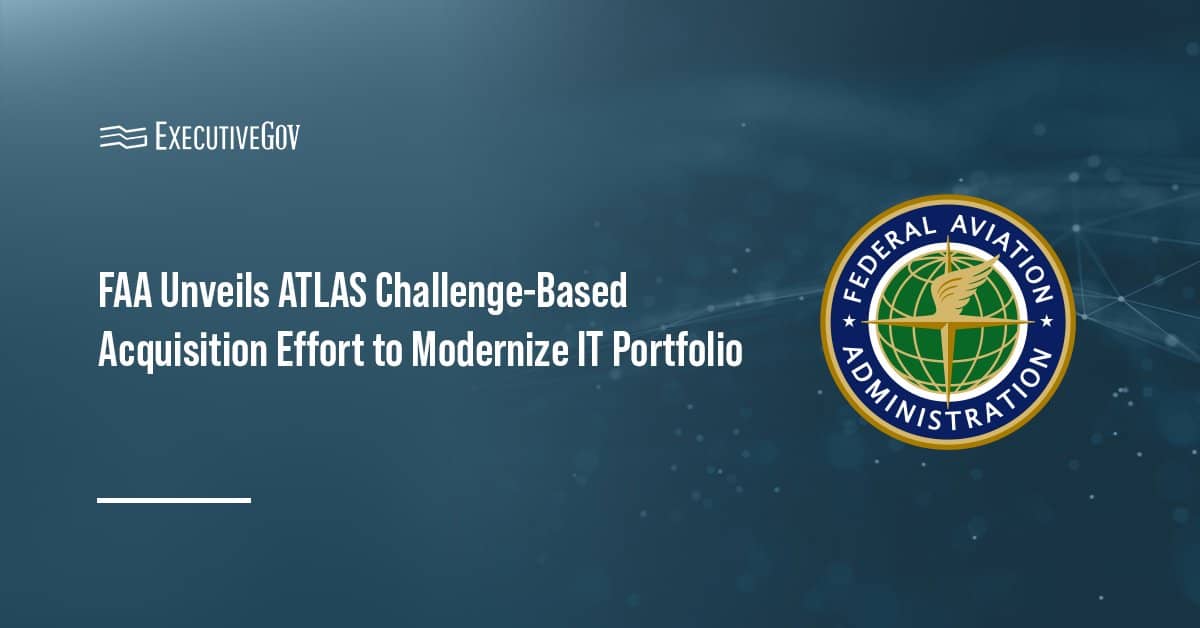
The Defense Innovation Unit plans to continue its annual prize challenge for computer vision technologies designed to support disaster relief missions, National Defense Magazine reported Thursday.
The xView2 Challenge aims to use artificial intelligence and machine learning for automated assessments of post-disaster damage.
Last year's iteration of the contest tasked participants to create computer vision algorithms that accelerate imagery analysis. These algorithms classify images into categories based on damage characteristics.
DIU tackles AI and ML as technology focus areas in addition to commercial space, human systems, cyber and autonomy.
“We think those are the areas that are undergoing the greatest rate of change in the commercial sector,” said Mike Madsen, director of strategic engagement at DIU.





